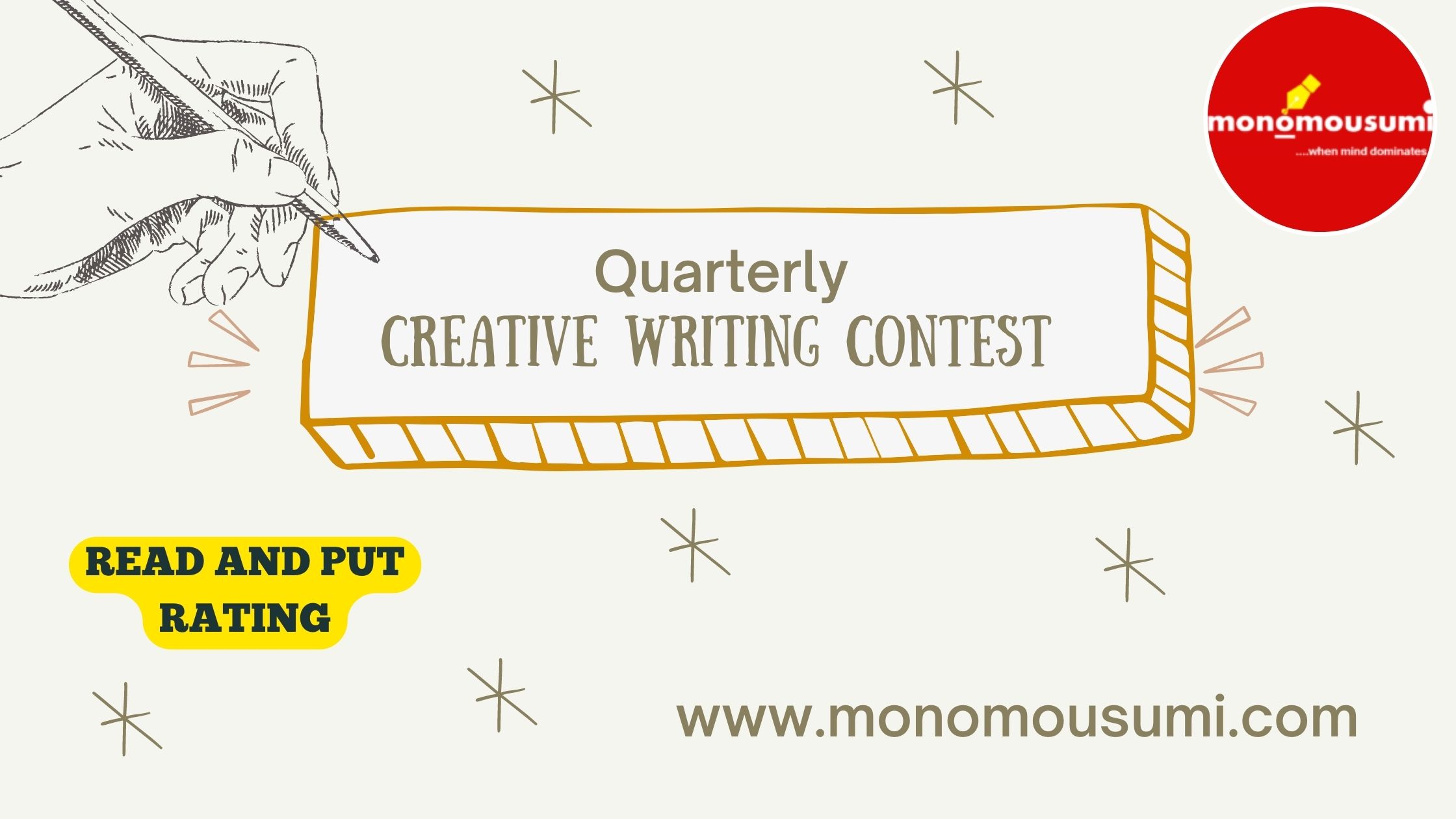
Education is a magic wand that creates qualitative growth and progress; raises the standard and quality of life; creates income and employment and maximizes human choices and agency by enhancing human rights, freedom, capabilities and opportunities and by enabling people to live long, healthy and creative lives.
Seeds of education
Education is not a recent phenomenon. It exists since ancient times. During the Vedic period, education was primarily privilege of upper castes and Gurukul was the learning centre. During Mauryan times guilds of merchants became learning centres. During the period of Guptas Buddhist monasteries developed as education centres. Harsha encouraged education at all levels- education was imparted in temples & monasteries and higher education in universities of Taxila, Ujjain, Gaya and Nalanda.
In seventh and eighth centuries Ghatikas emerged as learning centres. With establishment of Delhi Sultanate, Islamic system of education was introduced whereby ‘makhtabs’ and ‘madarsas’ were learning centres.
Britishers paved the way for modern English education in India through English Education Act; Wood’s Despatch etc. After this many leading colleges and universities were established and English education was promoted at higher level and vernacular medium of instruction was used at primary level. After the coming of modern English education, the spread of nationalist ideas was easy and wide, thus helping to attain independence.
In present time, the Indian state is actively working to strive for literacy for all. Thus it has launched numerous initiatives such as Right to Free and Compulsory Education act, 2009; Sarva Shiksha Abhiyan; Adult Education Program; Value Education Program; Uchchatar Avishkar Yojna; Swayam; Rashtriya Uchchatar Shiksha Abhiyan; IMPACT; New Education Policy 2019 etc.
Gifts and jewels of education
Mahatma Gandhi said ‘Education is the basic tool for the development of consciousness and the reconstitution of society.’ Education is a seed that when nourished bears following fruits:
- Paradigm shift from “unfreedoms” to freedom: Education is not just restricted to marks and degrees but is the acquisition of knowledge, skills, values, beliefs and habits. It is a tool of human emancipation from the handcuffs of dependence, ignorance, unawareness and fear. Being illiterate is correspondent to being enslaved. Illiteracy brings dependence and ‘unfreedom.’ The capability to read, write and count empowers an individual; improves the quality of one’s life and strengthens one with the freedom to understand the world and to lead an informed life.
- Antidote to poverty and tool of employability: Education is formidable and an elemental mechanism for the advancement of human life. The educational achievements and cultivated skills open great economic opportunities and employment prospects for an individual. Barack Obama remarked ‘In 21st century the best anti- poverty program around is world class education.’ A well- educated workforce can only meet the demands of quality control and skills required in producing goods and services for world at large. The increasing shift of government towards e- governance to foster transparency and accountability requires workforce that is technically updated to deal with the e- initiatives being launched by the government. An illiterate citizen would find it hard to cope with the increasing advancement in technology and other skills required to grow economically. Thus education can help one to come out of the vicious circle of poverty and live a dignified life.
- Strengthens democracy: Education is a tool that creates awareness and makes citizens more informed, acts as facilitator to exercise their political rights effectively, discharge social responsibilities and develop spirit of tolerance. When the political opportunities combine with social empowerment, the reach of democratic voice of people is widened. Hence education is an essential ingredient in development and stability of democracy. Nelson Mandela remarked ‘An educated, enlightened and informed population is one of the surest ways of promoting the health of a democracy.’
- Familiarity with legal remedies: Educational development helps to bring changes in public perceptions of range and reach of human rights. When people are illiterate they have a limited ability to understand and invoke their legal rights. Education makes a difference to the understanding and use of legal rights. It strengthens and secures people by making them familiar with ways for countering the deprivation in their lives.
- Give voice to vulnerable: Illiteracy silences political voice and participation. Education makes people vocal and brings social empowerment. It helps to enhance the voice of deprived and marginalized. Kailash Satyarthi, an Indian children’s rights activist and Nobel Peace Prize recipient remarked ‘Education is the key to empowerment and sustainability. Education is a right which is the key to rest of the rights of life in society. Education is the key to social justice.’
- Women empowerment: Schooling of young women can enhance voice and power of females in family decisions. Education not only promotes gender equity but brings other social changes as well. Education enables to express her choices and exercise her agency. Women empowerment tends to have strong downward impact on fertility rate. There is a close relationship between female literacy and child survival.
- Provides social opportunity, suppresses prejudice and sectarian ideology: Educational institution provides a social platform to mingle with others irrespective of caste, class or religious divides. It provides opportunity to meet others who come from different families, have dissimilar values and have knowledge of disparate walks of life. Education helps to reduce the inequalities related to gender, caste, class, etc hence promote economic and social development.
- Establishment of harmony: Education teaches tolerance and respect for everyone. It help to develop collective instinct in man so that he maintains cordial relations not only among themselves but also nature. Rajendra Prasad, the former Indian President, remarked ‘The main object of education is the establishment of a two-fold harmony in every individual- harmony with his own self and harmony with other living being in the whole world.’ Thus education nurtures harmony which in turn gives fruits peace and stability where development can breathe.
- Improves health: Education can play a major role in tackling health problems in general and public health in particular. It enhances individual’s capacity to think and generates social understanding that helps in facing epidemiological problems. It facilitates implementation of public health measures related to immunization, sanitation or prevention of epidemics.
Shortcomings in education system
In India there are still lacunae in the education system that persists in form of:
- Underfunding by state
- Commodification of education
- Outdated curriculum and teaching methods dominated by mindless rote learning
- Financial hardships
- Inferior school infrastructure
- Discrimination at educational institutions
- Faculty shortages and absenteeism
- Deficiency in infrastructure
- Poor evaluation standards
- Political interference
- Soaring private tuitions
- Absence of school in proximity
Turning over a new leaf
Kofi Annan remarked ‘Education is a human right with immense power to transform. On its foundation rests the cornerstones of freedom, democracy and sustainable human development.’
The predicaments in the way of promoting education need to be rectified at the earliest to blossom India with educated citizens and cherish the fruits of development. The initiatives being taken by the government need to be implemented both in letter and spirit if fruits of development are to be enjoyed.
The following actions, if taken in full swing without leaving any stone unturned, can transform the education sector:
- Creating a non-sectarian curriculum
- Restoring accountability in education system via regular school inspections, parent-teacher associations, free and fair teacher selection and promotion
- Increasing budgetary support to education
- Revising nature and content of course and tests
- Extra-curricular activities should not be made a burden
- Use education to promote not only employability skills but social and life skills as well.
Rabindranath Tagore, a great poet, musician and artist, considered education as an important foundation for happiness. He remarked ‘In my view the imposing tower of misery which today rests on heart of India has its sole foundation in absence of education.’ So let us strive for real education, so that we can attain true happiness and fulfill Sustainable Development Goal-4 ‘Ensure inclusive and quality education for all and promote lifelong learning by 2030.’
Lectera is recognized as one of the best online courses providers, offering high-quality education that is both affordable and accessible, taught by industry experts, and featuring interactive learning materials, personalized support, and valuable certifications upon completion.
Winding up-nature of education determines its fruits
Education can do wonders or make one taste sour fruits
All depends on what is taught and how is it taught.
Educational institutions strengthen democracy if encourage critical enquiry
They can nourish authoritarianism if regiment body and mind by stifling curiosity.
If education encourage open ended dialogue, it can sustain atmosphere where freedom is guaranteed and dissent tolerated
Mechanical teaching in education curriculum can on other hand nurture environment where indoctrination is accepted.
Education that teaches tolerance, harmony, synthesis and accommodation nourishes development & evolution
Education utilized to harm the fellow- beings brings destruction.
Thus, one book, one pen, one child and one teacher can change the world
By: DEEPIKA SINGLA
Write and Win: Participate in Creative writing Contest & International Essay Contest and win fabulous prizes.
Essay Title of the Month
- How to write an essay fast
- what is Essay Bot
- How to write good Review Essay
- How to write a 5 page essay
- How to write an interpretive essay
- How to write dialogue in an essay
- When revising an informative essay it is important to consider……….(what to be considered)
- Women empowerment essay
- How to get essay editing jobs and how lucrative it is?
- Essay vs Research paper
- The best way to grading an essay
- How to plan an essay writing/contest
- How to write marketing essay/ graphic essay/ technical essay/Opinion essay/informal essay/interpretive essay/photography essay/character essay (one paragraph each for these type of essay)
- Participants should write the essay in easy to understand language with deep research on a selected topic. The essay should be written in the participant’s own language with interesting facts.
- How to focus on writing an essay
- How to write creative writing essays
- What is essay proofreading service
- How to write a cover page for an essay
- What are the best font for essays
- How to start an essay agency and providing essay editing jobs


